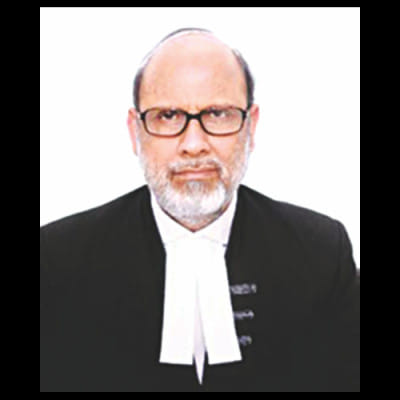It is scary

Justice Md Abdul Wahhab Miah yesterday said the process of mobile courts' recording confessional statements and punishing people was scary.
“The way the confession of a person is recorded by mobile courts in presence of police and other law enforcers, it becomes terrifying for the people in general. Sometimes I get scared when I see police. People are bound to get scared too,” said Justice Wahhab Miah, who is discharging the duties of the chief justice.
He said sentencing of a person to even one day's jail by any authority without the proper jurisdiction was unconstitutional.
Justice Wahhab Miah came up with the remark while presiding over a five-member bench of the Appellate Division during the hearing of three appeals filed by the government against an HC verdict over the mobile court act.
Appearing for the government, Barrister M Amir-Ul Islam told the SC that the mobile court punishes people who confess.
The Appellate Division adjourned the hearing until next Tuesday.
Two executive magistrates in Laxmipur and Dinajpur sentenced a former civil surgeon and a senior lawyer over trivial matters in December.
After the incidents, the High Court issued rules questioning the legality of the actions and summoned the executive magistrates before it.
The HC scrapped the sentences and observed that the executive magistrates abused their powers through the mobile court.
The HC exempted them from the rule after the magistrates apologised to the HC for their actions and promised no repeat of such incidents.
Following three separate writ petitions, the High Court on May 11 last year declared unconstitutional the rules under which the executive magistrate run the mobile courts.
The HC also observed that empowering executive magistrates with judicial powers is “a frontal attack on the independence of the judiciary and is violative of the theory of separation of powers”.
Later, the government filed separate leave to appeal petitions with the SC challenging the HC verdict.
Following the leave to appeal petitions, the SC stayed the HC verdict allowing the executive magistrates to run the mobile court for the time being.
The apex court then extended the stay orders several times.
The SC on November 2 last year extended the stay order on the HC verdict until December 6.
Attorney General Mahbubey Alam also represented the government while Barrister Hassan MS Azim appeared for the petitioner.

 For all latest news, follow The Daily Star's Google News channel.
For all latest news, follow The Daily Star's Google News channel. 







Comments